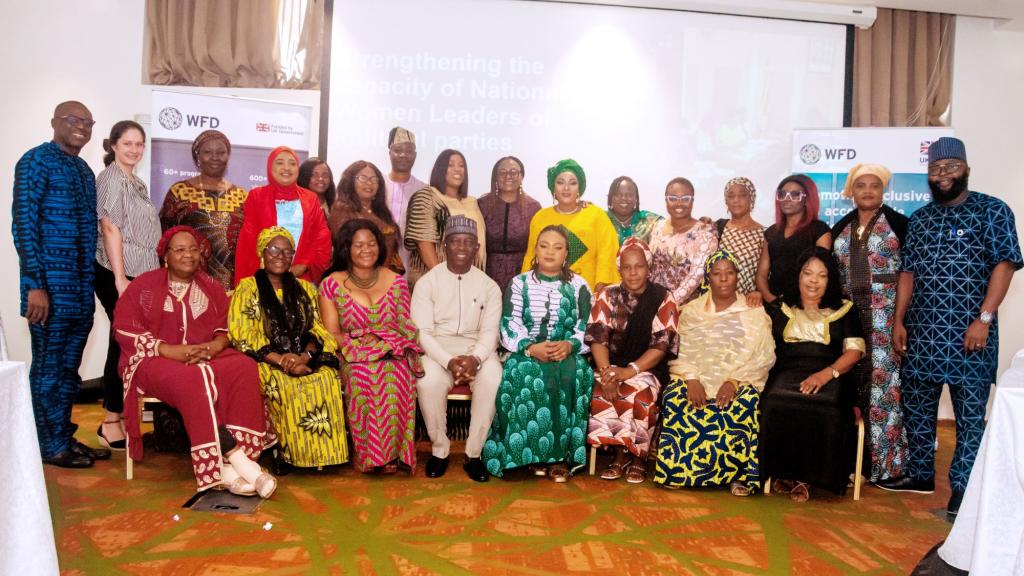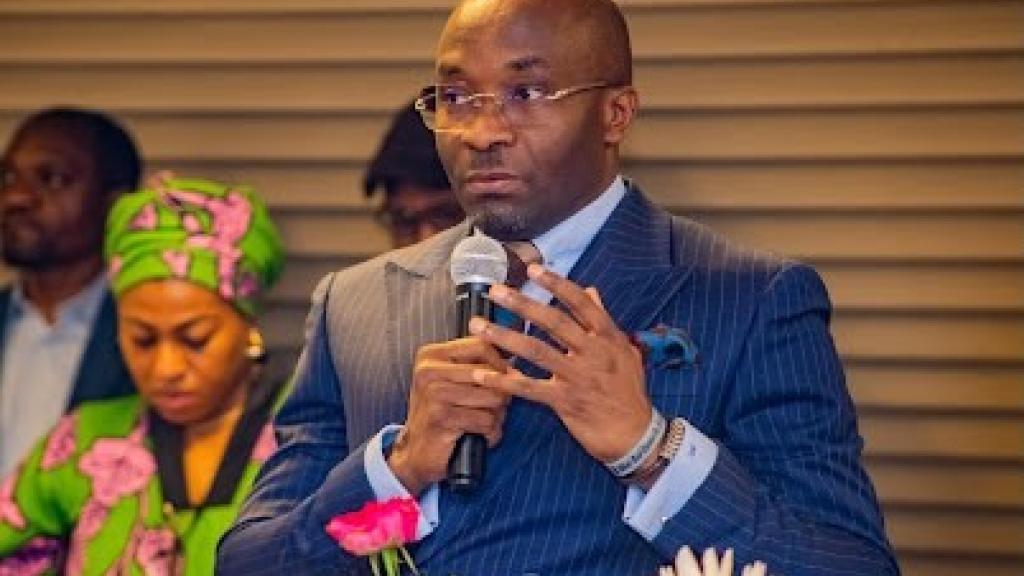Stakeholders call for urgent reforms to strengthen democracy in Nigeria

Westminster Foundation for Democracy (WFD), in partnership with the Centre for Leadership, Strategy and Development (Centre LSD), the Centre for Democracy and Development (CDD), the Peering Advocacy and Advancement Centre in Africa (PAACA), and the National Peace Committee, recently held a two-day conference in Abuja on the theme “Strengthening Democracy in Nigeria”. This event aimed to highlight the urgent need for all stakeholders, including leaders and citizens, to address the shrinking democratic space in the country and to take collective action to reverse this trend.
The conference brought together diverse stakeholders to assess Nigeria’s democratic progress and advocate for a more inclusive political system. Among the attendees were representatives from the executive, legislature, judiciary, academia, political parties, civil society, and media, as well as the immediate former vice president of Ghana. Discussions highlighted growing concerns over political instability in Africa between 2020 and 2023, marked by eight coup d'états. Additionally, some leaders attempted to amend their countries' constitutions to extend their hold on power during this same period, undermining democracy.
Alarmingly, the 2023 Open Society Barometer revealed that 30% of young Nigerians believe military rule would benefit citizens, reflecting the troubling experiences in some ECOWAS countries.
Actionable recommendations were offered to stakeholders within the democratic space to restore hope, trust, and increase citizen participation. Specifically, the recommendations called for the reform of political parties, the electoral process, and the implementation of relevant aspects of the Justice Mohammed Uwais Electoral Reform Commission (ERC) report. In addition, participants emphasised that parties must function beyond elections, embrace competitive primaries, and ensure internal democracy.
On the other hand, recommendations for the Independent National Electoral Commission (INEC) included decentralising election management, enhancing result collation processes, and integrating technology for transparency. The event underscored the need for a strong opposition, financial sustainability for parties, and INEC’s proactive role in political party regulation.



A communique released at the end of the conference noted that Nigeria has maintained uninterrupted democratic governance for the past 25 years, holding seven general elections during this period. However, this democratic progress has not led to a deepening of democratic values or institutions. Instead, systemic issues such as electoral malpractice, political party inefficiencies, weak governance structures, and endemic corruption have eroded public trust in the democratic process. Consequently, the conference was a call to action for the executive, judiciary, legislature, security agencies, INEC, civil society organisations (CSOs) and media to fortify democratic foundations, foster citizens' engagement, and create pathways for credible and inclusive leadership.
Through initiatives like this conference, WFD Nigeria remains committed to strengthening democratic institutions, promoting transparency, and ensuring inclusive governance.



